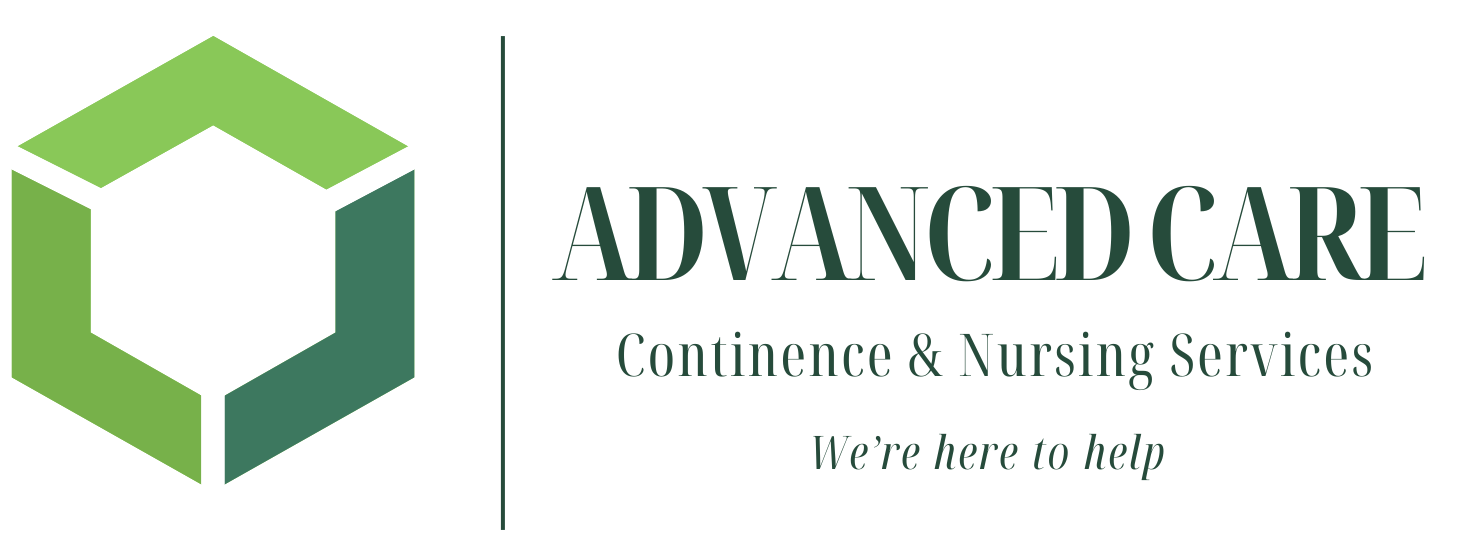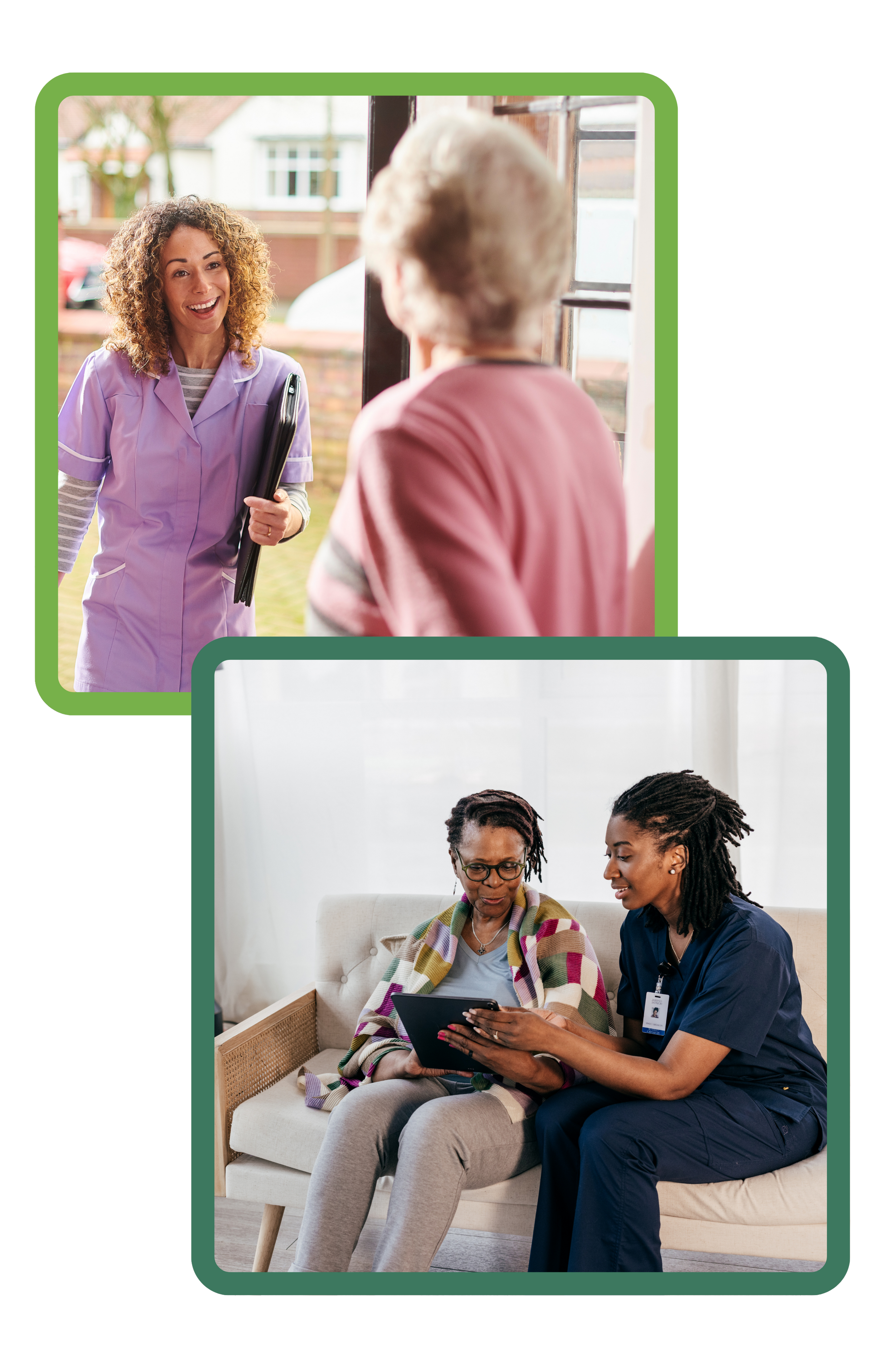

We offer a comprehensive range of NDIS services designed to support participants in achieving greater independence, community engagement, and well-being. Our services include Support Coordination to help participants navigate their NDIS plans, High Intensity Support for those with complex medical or behavioral needs, and Community Nursing Care for individuals requiring medical attention in their home or community. We also provide assistance with Daily Personal Activities, helping participants manage everyday tasks, and promote social inclusion through Group Activities and Community and Social Participation programs. Our dedicated team ensures tailored care to meet each participant’s unique goals and needs.
NDIS (National Disability Insurance Scheme) 0107, also known as “Assist Daily Personal Activities,” is a support category aimed at helping participants with disabilities carry out essential everyday tasks. These supports are designed to enhance a person’s ability to live independently, promote autonomy, and increase participation in daily life.
The goal is to empower participants to develop independence and live with dignity while receiving the support they require for daily activities.


NDIS (National Disability Insurance Scheme) 0114, also known as “Community Nursing Care, and is a support category designed to provide specialised nursing care to participants with disabilities who have complex medical needs. This service ensures that participants receive the necessary medical attention, allowing them to manage their health and well-being while living independently in the community.
NDIS and iCare Comprehensive Continence Assessments and consumables scripting
Staff education and training on Complex bladder and bowel management care
Education and training on self catheterisation
Nursing support Care plans – Bowel management Plans, enteral feeding plans, Catheter Management plans
This service is tailored to each participant’s specific health requirements, ensuring they receive the necessary support in their home or community.
NDIS 0125 known as Community and Social Participation is an important NDIS support category aimed at helping participants with disabilities engage in community activities, develop social skills, and build relationships. This support is designed to enhance participants’ independence, promote inclusion, and foster a sense of belonging in their local community.
This support is tailored to the individual’s goals and interests, empowering them to participate in a wide range of activities that enrich their lives and improve overall well-being.


NDIS (National Disability Insurance Scheme) 0104, “High Intensity Daily Personal Activities,” is a support category designed for participants with complex medical or behavioral needs that require specialized, skilled support. These activities involve tasks where standard personal care is not sufficient, and a higher level of training and expertise is necessary to ensure the participant’s safety and well-being.
This support is crucial for NDIS participants with complex medical or behavioral needs, ensuring they receive safe, appropriate, and dignified care. It also helps prevent health complications, minimizes risks, and promotes the well-being of participants with high-intensity care requirements.
NDIS (National Disability Insurance Scheme) 0106, Support Coordination is a service under the National Disability Insurance Scheme (NDIS) designed to help participants make the most of their NDIS plans. The role of a support coordinator is to assist participants in understanding and implementing their plans, connecting with services, and coordinating various supports to achieve their goals.
Support Coordination empowers NDIS participants to make informed choices, ensuring they have access to the best services that meet their needs. It simplifies the process of managing a complex network of supports and helps participants build the skills and confidence needed to navigate the NDIS independently.


NDIS (National Disability Insurance Scheme) 0136, Group And Centre Based Activities under the National Disability Insurance Scheme (NDIS) are designed to support participants in engaging with their community, developing social connections, and building life skills through shared experiences. These activities help foster independence, enhance social and communication skills, and promote inclusion by enabling participants to take part in a variety of group-based events and programs.
Group activities are tailored to the interests and needs of the participants and are often facilitated by trained support workers to ensure accessibility and inclusivity. These activities provide a supportive environment for participants to grow socially, emotionally, and practically while enjoying shared experiences.
Support Coordination helps you navigate your NDIS plan and connect with services. A support coordinator will assist you in understanding your plan, linking you to appropriate service providers, and ensuring that your supports are well-coordinated. They help you build the skills to manage your supports independently, resolve crises, and review your progress toward your goals. There are different levels of Support Coordination depending on the complexity of your needs.
High Intensity Daily Personal Activities are supports provided to participants with complex medical or behavioral needs. These activities include specialized care such as medication administration, wound care, tracheostomy or enteral feeding, and support for challenging behaviors. To be eligible, you need to have high-intensity needs that require skilled and experienced support workers trained in complex care procedures.
Assist Daily Personal Activities covers support with everyday tasks such as personal hygiene (showering, dressing, grooming), meal preparation and feeding, mobility assistance, household chores, and medication administration. The goal is to help you live more independently by assisting with tasks you may struggle with due to your disability.
Community Nursing Care is focused on providing healthcare support for participants with medical conditions that require regular monitoring, wound care, medication management, or chronic disease management. It’s often more medical in nature.
High Intensity Support, on the other hand, includes personal care but for participants who have complex needs requiring more advanced skills, such as behavioral management, complex medication administration, and emergency support during high-risk situations.
Group Activities include recreational and leisure activities such as sports, arts and crafts, and social clubs. They also offer skill-building programs that teach life skills (e.g., cooking, budgeting), social interaction workshops, community access outings, and employment training. These activities aim to improve your social skills, independence, and connection to the community while having fun and building friendships.
Community and Social Participation supports help you engage with the community, build relationships, and develop new skills. This could involve attending social events, joining community groups, participating in recreational activities, or volunteering. The focus is on helping you connect with others, boost your confidence, and foster greater independence through participation in meaningful community activities.
Community Nursing Care provides medical support in your home or community, including wound care, continence management, medication administration, post-hospital care, chronic disease management, and palliative care. You may need this service if you have ongoing health conditions that require medical attention but want to remain living independently or in a less clinical setting.
To access Group Activities, they must be included in your NDIS plan under the appropriate support category (usually “Increased Social and Community Participation” or “Capacity Building”). You have the freedom to choose activities that align with your interests and goals. Your support coordinator or service provider can help you find suitable group programs, whether they focus on social interaction, skill-building, or recreational enjoyment.